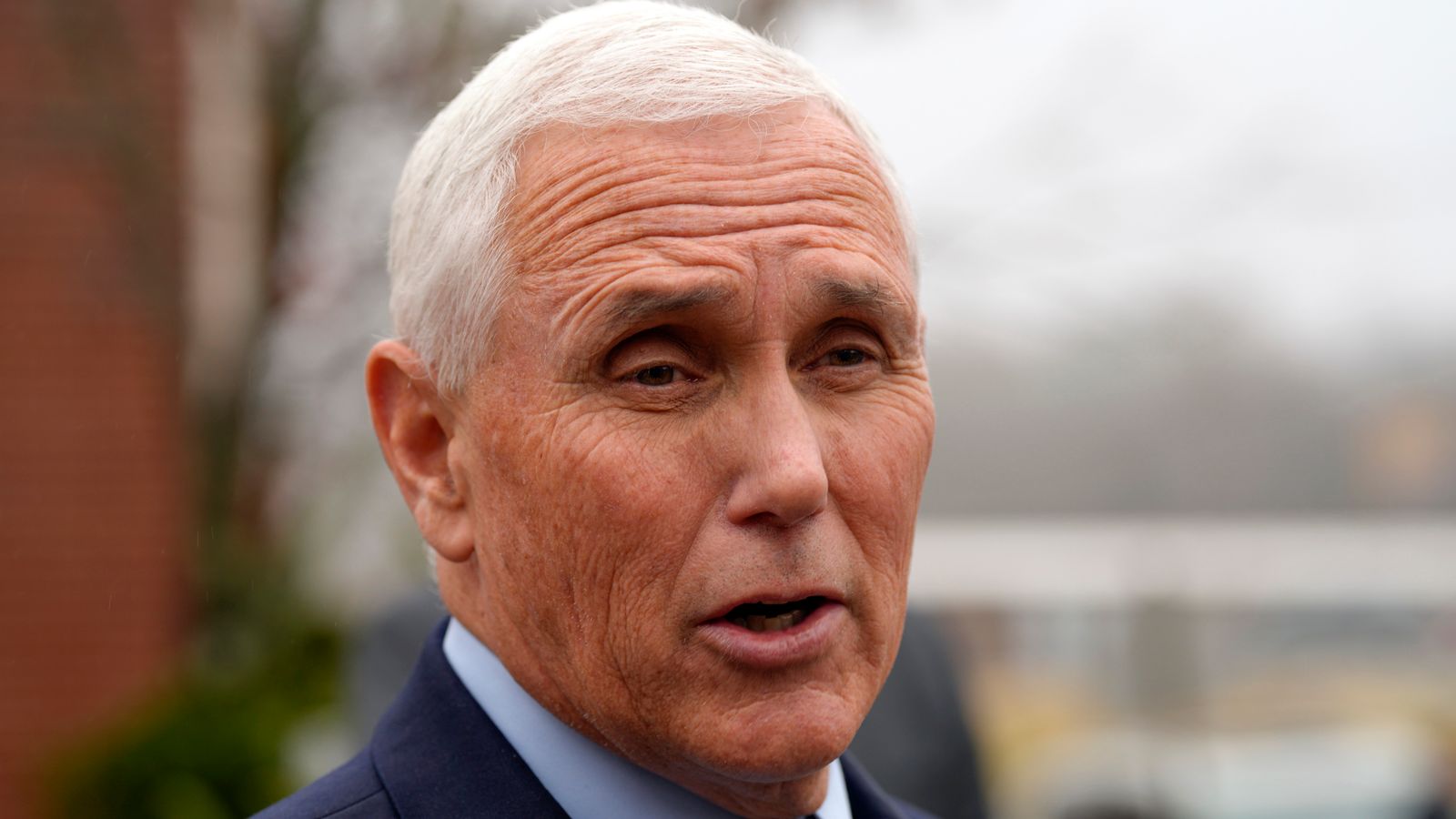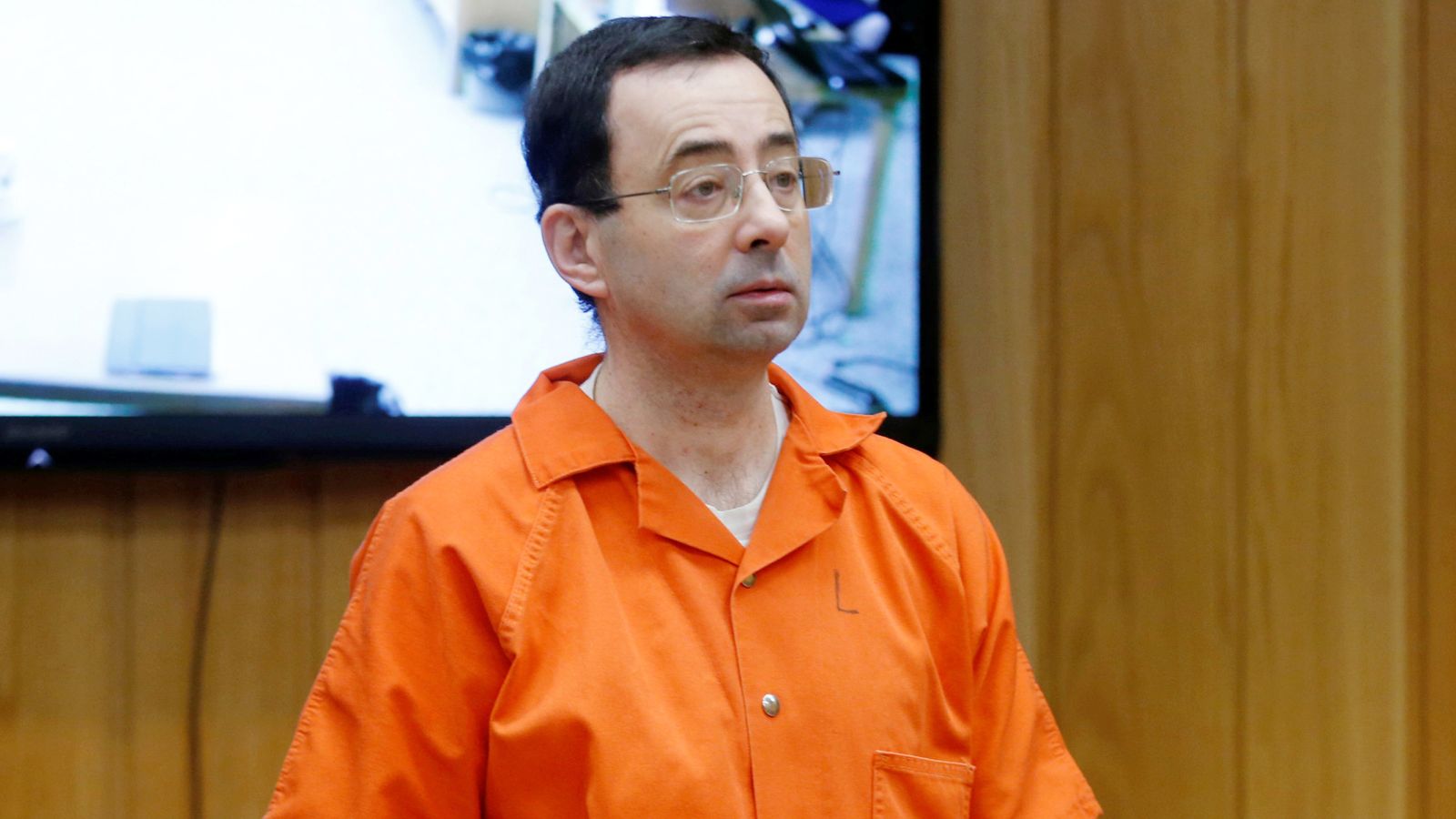The trial of former Minneapolis police officer Derek Chauvin starts today – 10 months after the death of George Floyd – and the stakes are high for race relations in America.
After a complex jury selection, the stage is set for jurors to hear opening statements on Monday.
The prosecution will present its case first and it is highly likely the biggest piece of evidence will be the video of Chauvin with his knee on Mr Floyd‘s neck for nearly nine minutes during his arrest in May last year.
George Floyd Killing: The Trial – From today at 3pm we will bring you live continuous coverage of court proceedings in the trial of Derek Chauvin on our website, app, YouTube and Sky Pop Up Channel on 524
The mobile phone footage was shared online, viewed tens of millions of times and sparked months of worldwide protests against racial injustice and police brutality.
The court will hear accounts of the events that unfolded on 25 May last year when police responded to a call from a convenience store where Mr Floyd had allegedly used a fake $20 bill.
Chauvin was one of the officers who attended the scene but what the jury will have to decide is if his restraint of Mr Floyd was the cause of his death.
Chauvin has pleaded not guilty to the three charges against him – second and third degree murder and second degree manslaughter.
The second degree murder charge is the most serious, with a maximum sentence of 40 years in prison.
For him to be found guilty of this charge prosecutors must prove he intentionally assaulted Mr Floyd which led to his death, even if his actions were not premeditated.
The defence will argue Chauvin did not cause Mr Floyd’s death.
Chauvin’s defence team is expected to introduce evidence showing that Mr Floyd could have died from other factors and that Chauvin did not have intent to harm him.
Minneapolis was calm ahead of the trial but emotions are high. The court house has been surrounded by heavy security in recent weeks and a ring of steel now exists in central Minneapolis which could be used to seal off a large area of downtown in the event of unrest.
There’s no way to predict what a jury will ultimately decide but many believe the verdict will be a tipping point – a ruling on where the country stands on race relations – and how it reacts.
The outcome is uncertain and the stakes are high.





